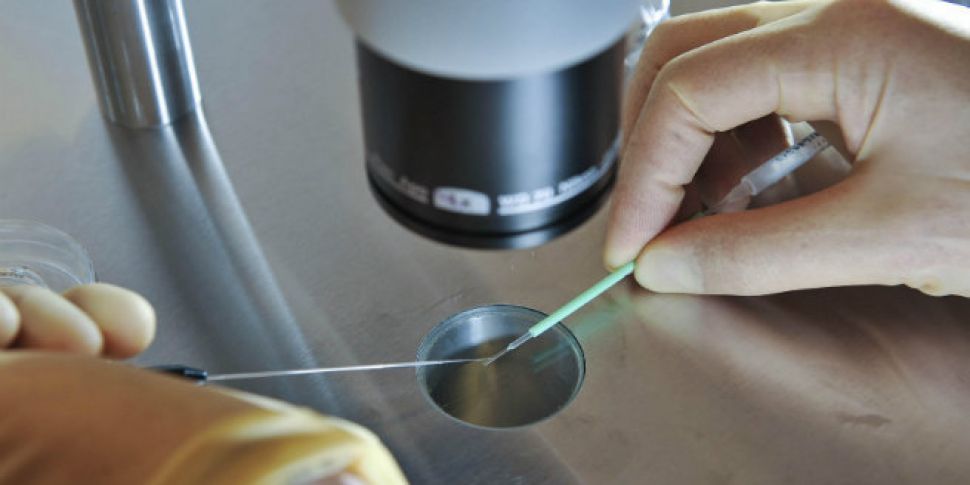British scientists have won the right to "edit" the activity of genes in human embryos for the first time in the UK.
A licence to genetically modify genes in research has been approved by national regulator, the Human Fertilisation and Embryology Authority (HFEA).
It was welcomed by one expert as a move that would "assist infertile couples and reduce the anguish of miscarriage".
However, the scientists will not be allowed to implant any embryos used in their research into women.
The embryos, which would be donated by couples undergoing IVF treatment who do not need them, must also be destroyed after two weeks.
The HFEA said in a statement: "Our Licence Committee has approved an application from Dr Kathy Niakan of the Francis Crick Institute to renew her laboratory's research licence to include gene editing of embryos.
"The committee has added a condition to the licence that no research using gene editing may take place until the research has received research ethics approval.
"As with all embryos used in research, it is illegal to transfer them to a woman for treatment."
Researchers at the Francis Crick Institute, which has laboratories in London and Hertfordshire, rely on a technology called CRISPR-Cas9, which allows scientists to edit genes very precisely and very cheaply.
Earlier this month, Dr Niakan said the licence was necessary to allow her to turn genes on and off in day-old embryos, to discover which genes control their development.
She explained that "it will teach us critical information about these genes in early human development.
"It could lead into insights into some causes of miscarriage and provide us with information about developments in infertility treatment."
In the long term, she has said the research could mean the embryo with the greatest chance of developing could be implanted or genetics could be "tweaked" to maximise an embryo's chance of survival.
Gene editing in human embryos for research purposes is less controversial than the possibility of editing embryos that subsequently develop into foetuses and are born.
Some scientists are worried about unforeseen consequences later in life of children with edited genomes, and even the possibility of 'designer' babies.
They have called for a ban on editing embryos for clinical purposes until much more is known.
"This is the first step on a path that scientists have carefully mapped out towards the legalisation of (genetically modified) babies," David King, of anti-gene manipulation group Human Genetics Alert, warned last month about Dr Niakan's application.









